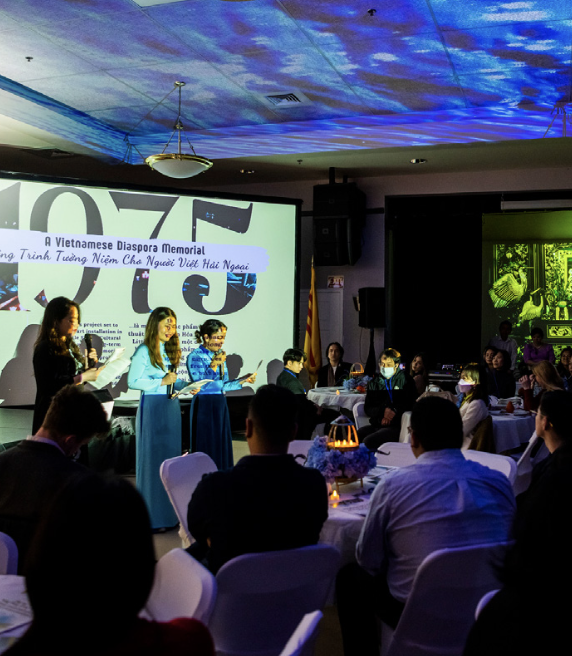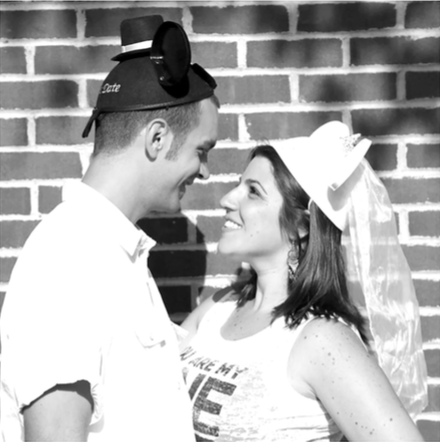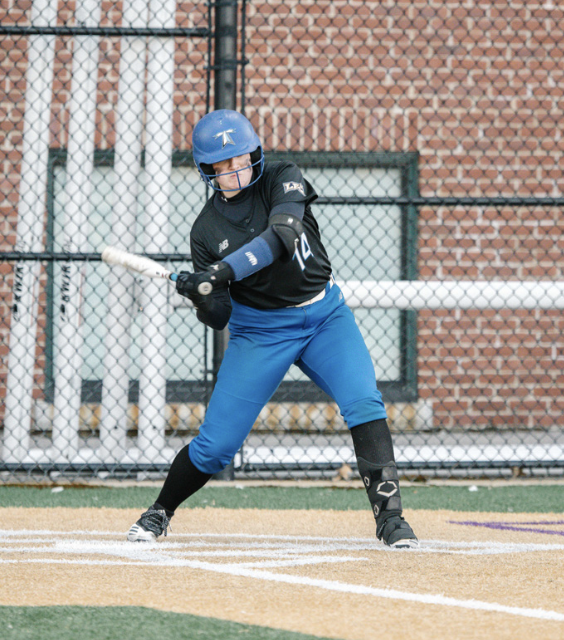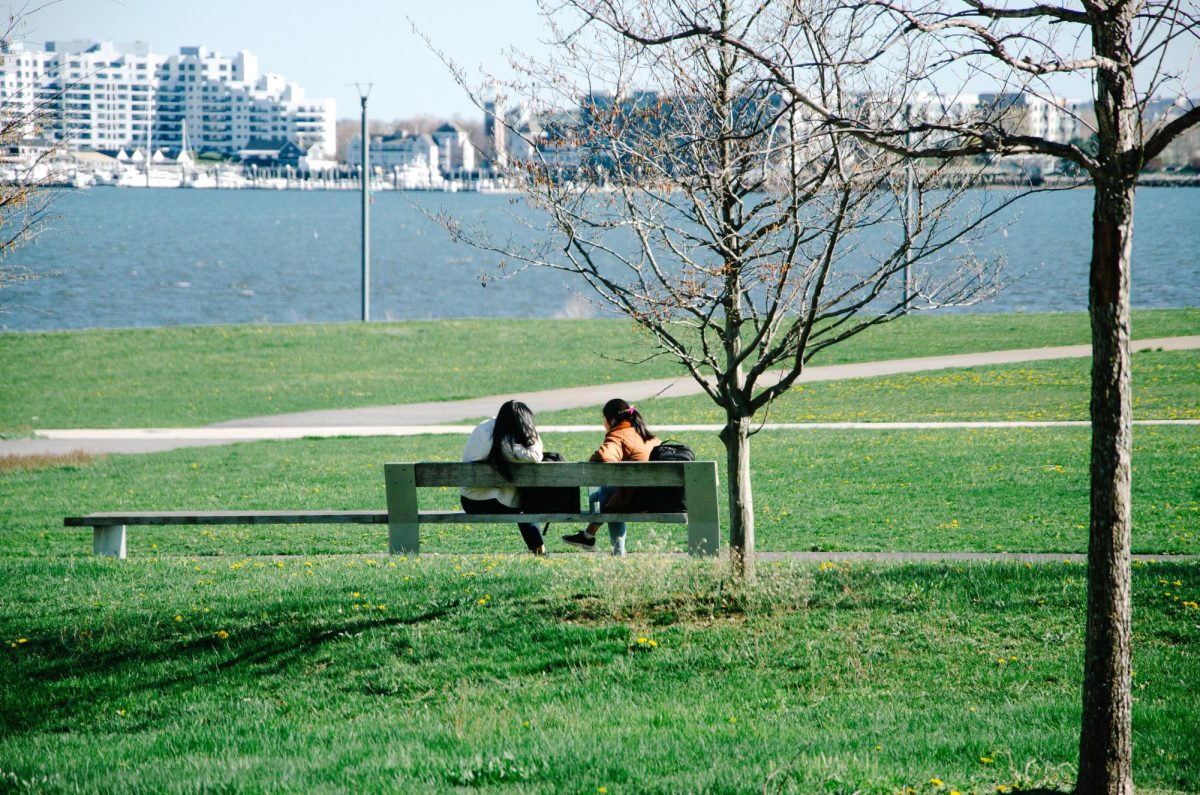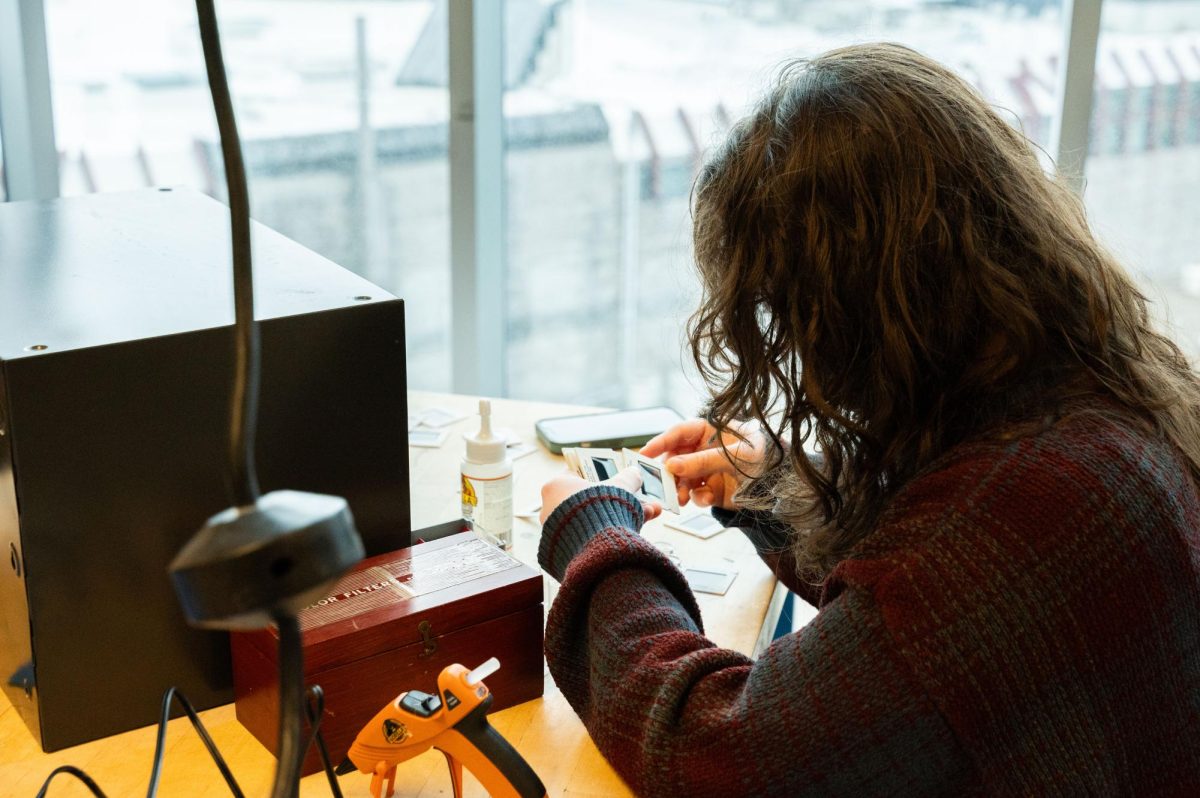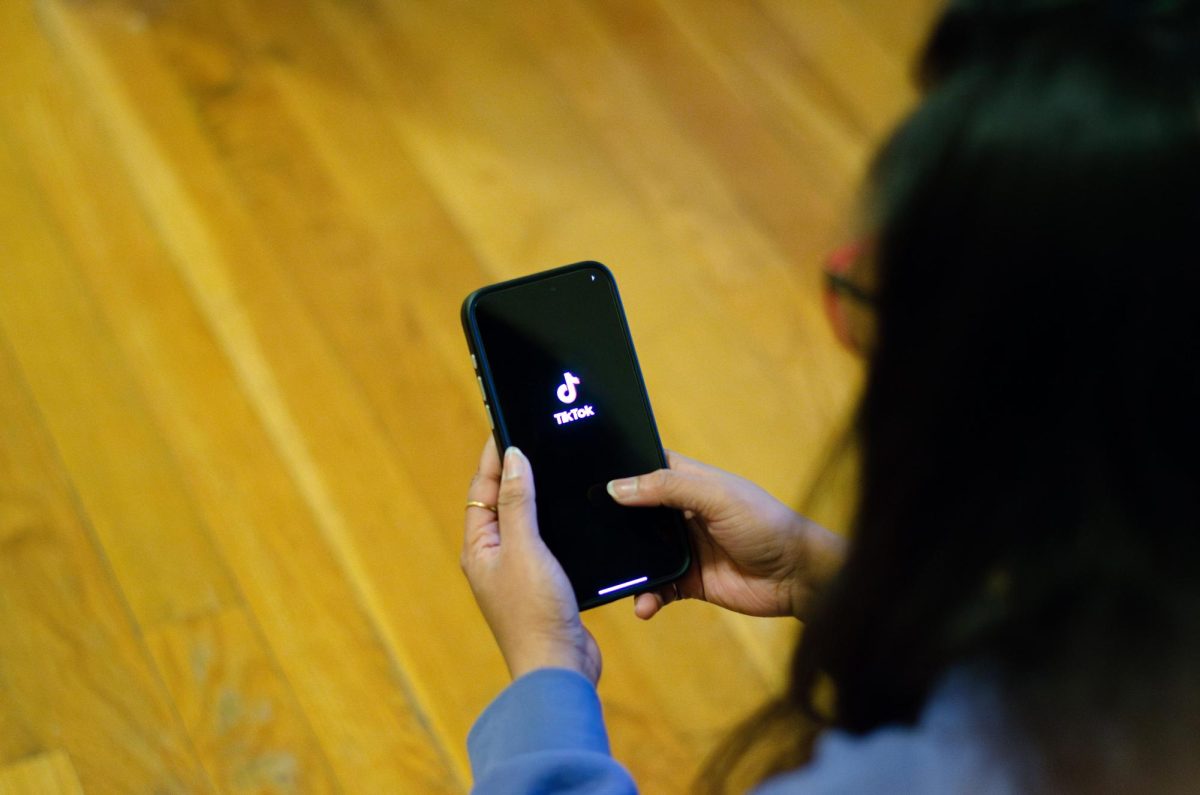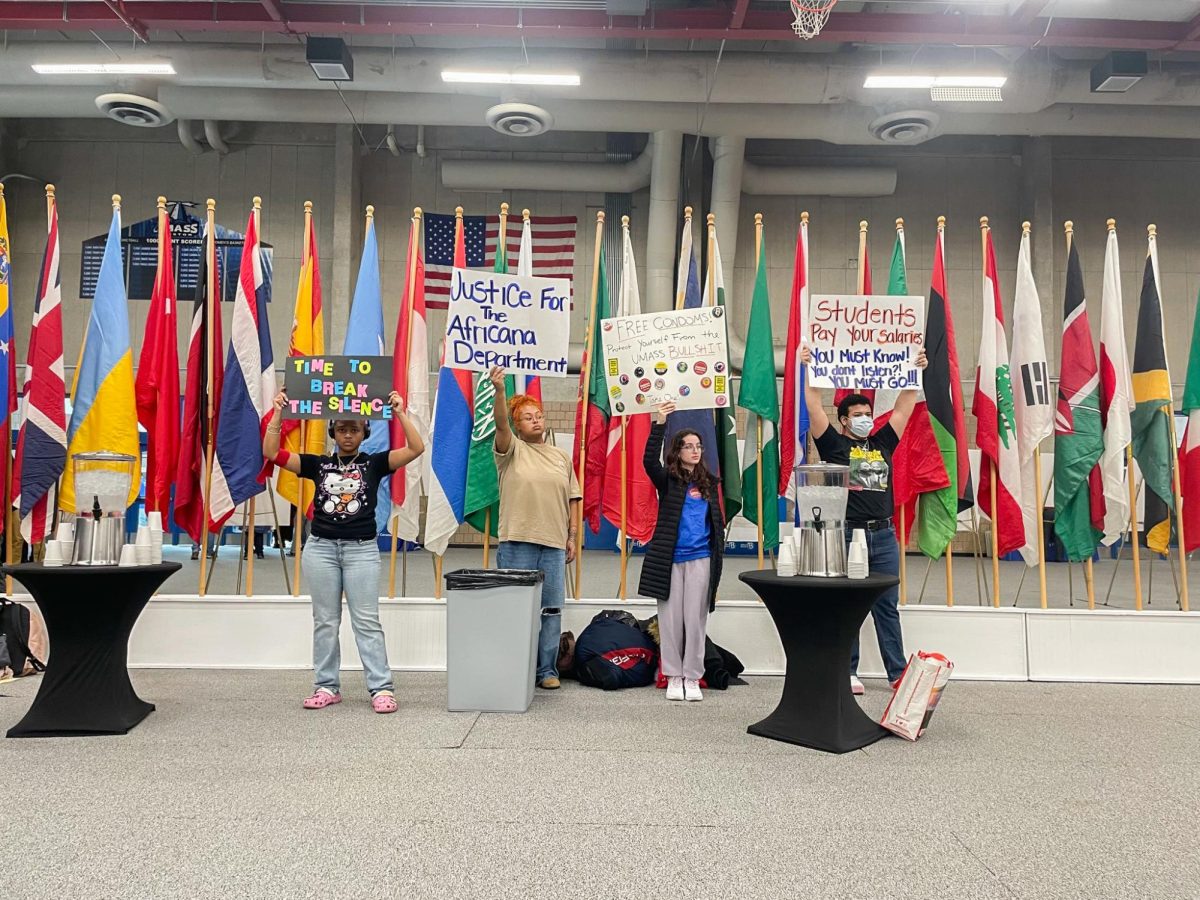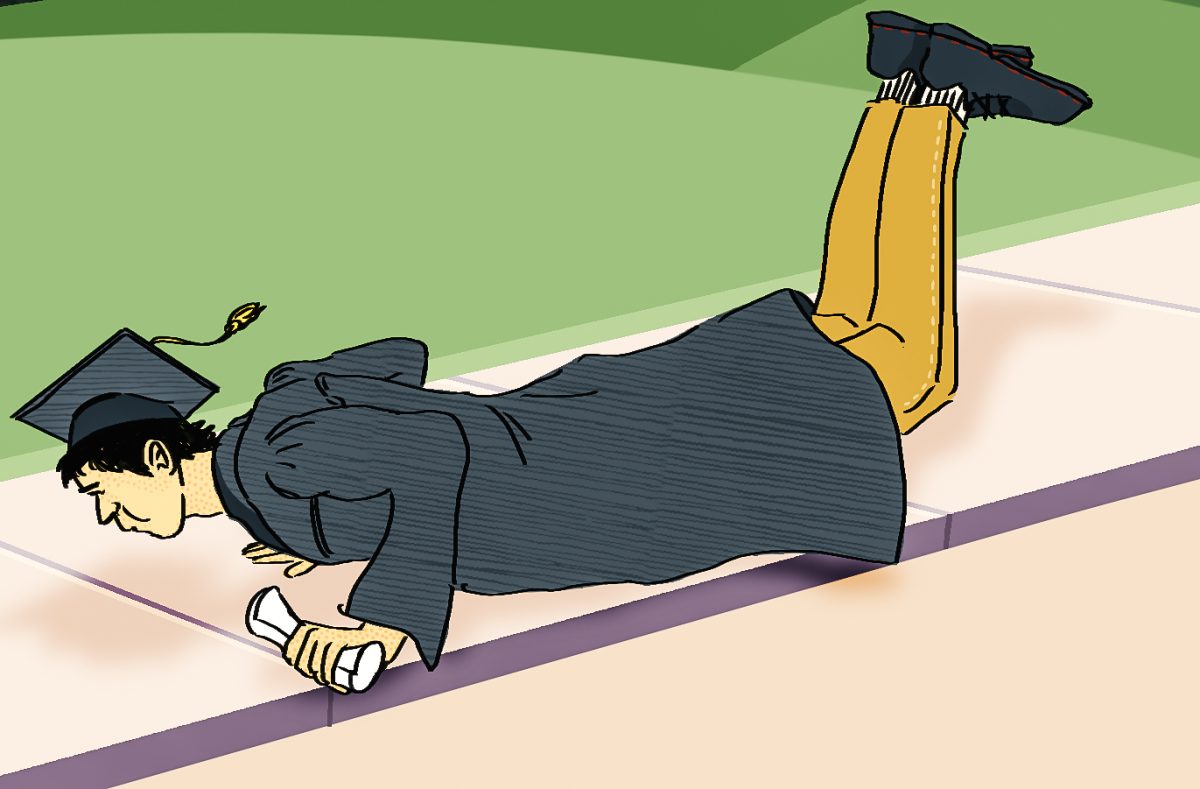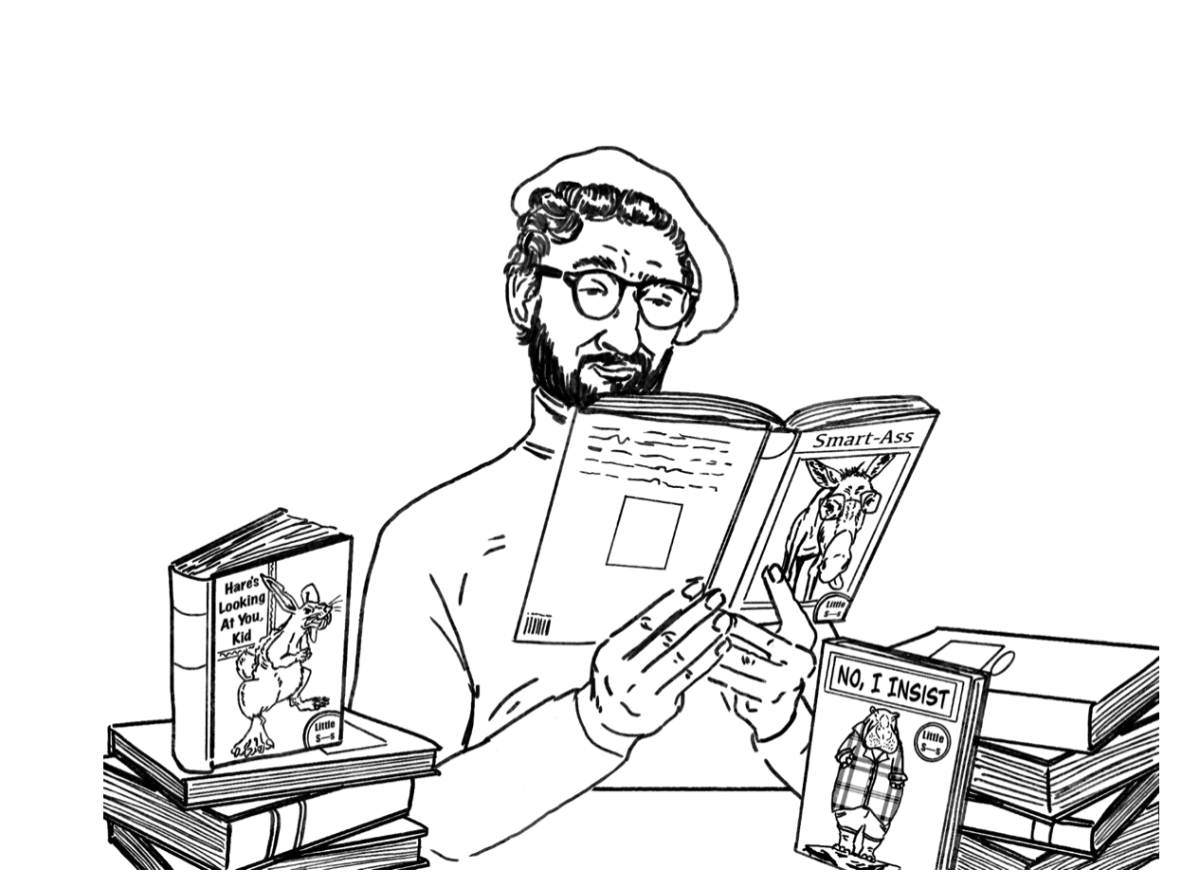Building 010 at the UMass Boston campus was named “Phillis Wheatley Hall” in honor of the poet Phillis Wheatley on Feb. 1, 1985. However, more research has been done on the poet’s life since the naming of the building and many scholars have taken to referring to the poet with the addition of her married name “Peters.” This consensus has led some in the UMass Boston community to question the building’s current dedication.
Working for the Restorative Justice Commission, second-year student Cristian Orellana wrote his proposal, “The Phillis Wheatley Peters Resolution,” calling for UMass Boston administration to amend the name of the Wheatley building in compliance with current research.
Phillis Wheatley Peters was the first Black woman poet to have a published book of poetry and is an important figure to the city of Boston. Born in West Africa, Wheatley Peters was kidnapped and enslaved in 1761 around the age of seven. She was sold to John and Susanna Wheatley, a prominent family in Boston at the time. She was taught to read and write, and in 1773 she traveled to London to publish her book, “Poems on Various Subjects, Religious and Moral.” In 1778, she married John Peters and took his name.
As Orellana describes in his proposal, “The name ‘Phillis’ came from the slave ship on which she arrived, and ‘Wheatley’ was the family name of her enslavers. ‘Peters’ was the only chosen name that Phillis Wheatley took when she married John Peters. In this fashion, Peters is the only name that emerged from an act of free choice in her adult life.”
Due to the nature behind the poet’s name, scholars have argued about the proper way to refer to Wheatley Peters for years. “The long habit of referring to ‘Phillis Wheatley’ without ‘Peters’ reflected a disparaging view of her husband that historians have recently refuted,” said Leonard von Morzé, English professor and Dean of the Honors College. “While historians might debate the extent to which getting married—as opposed to remaining single—was a choice for women in those days, Peters indisputably signed herself by that name near the end of her life.”
Orellana was inspired by an opinion article in The Mass Media last fall to write his proposal. “I’m confident that students will see this change and ask the same questions I asked,” said Orellana.
The proposal recommends that the name of Phillis Wheatley Hall and all mentions of the poet—both on campus and online—be updated to Phillis Wheatley Peters. “By changing the name of ‘Wheatley Hall,’ it engraves the story of Phillis Wheatley Peter’s life of strength, perseverance, and emancipation in the face of slavery for both the campus and the wider community,” Orellana writes in the proposal.
The proposal has been endorsed by many departments and organizations on campus, such as the English Department, American Studies Department, Philosophy Department, Black Faculty & Staff Association, Black Student Center, the Applied Ethics Center and both the Undergraduate and Graduate student governments.
“This is a student-driven initiative that has wide community support,” said Dana Miranda, assistant professor of Philosophy. Miranda has done work on Wheatley Peters before, for example with the “In Her Name: To Make a Monument of Phillis Wheatley” project, and is a supporter of the name change. “I find that Cristian’s proposal is thinking critically of what it means to honor the poet who has meant so much to Black literature within Boston and the country,” he says.
“Wheatley was not Phillis’ birth name. That has been lost to us. Thus, many scholars have begun to honor the naming choice made by Phillis herself, while also honoring her literary accomplishments, by using Phillis Wheatley Peters” said Miranda. “For me personally this means honoring Phillis is respecting the naming practices she selected. It is an act of reclamation.”
“So many people have helped me with this resolution that, to me, yes, it has my name at the top, but I feel like it isn’t just mine. I am a vessel for all these organizations and students to discuss a change that should happen,” said Orellana about his endorsers.
Orellana is hopeful for his proposal as it falls in line with UMass Boston’s commitment to be an anti-racist university. “We claim we are for the times, but we are stagnant during these times,” he said. “If the university actually wants to uplift that message, we must move forward.”
As of March 27, the “The Phillis Wheatley Peters Resolution” is being considered in the office of the vice chancellor of student affairs. “I am working with the relevant University officials to review the resolution and determine next steps,” said Vice Chancellor Karen Ferrer-Muñiz.
In the meantime, students interested in the poet can attend the upcoming Phillis Wheatley Peters Day on Thursday, April 25. The event will start at 11 a.m. in the Campus Center Alumni Lounge and will feature Danielle Legros Georges, poet and an editor of “Wheatley at 250,” a new collection of responses to Wheatley Peters’ poems by Black women poets.


